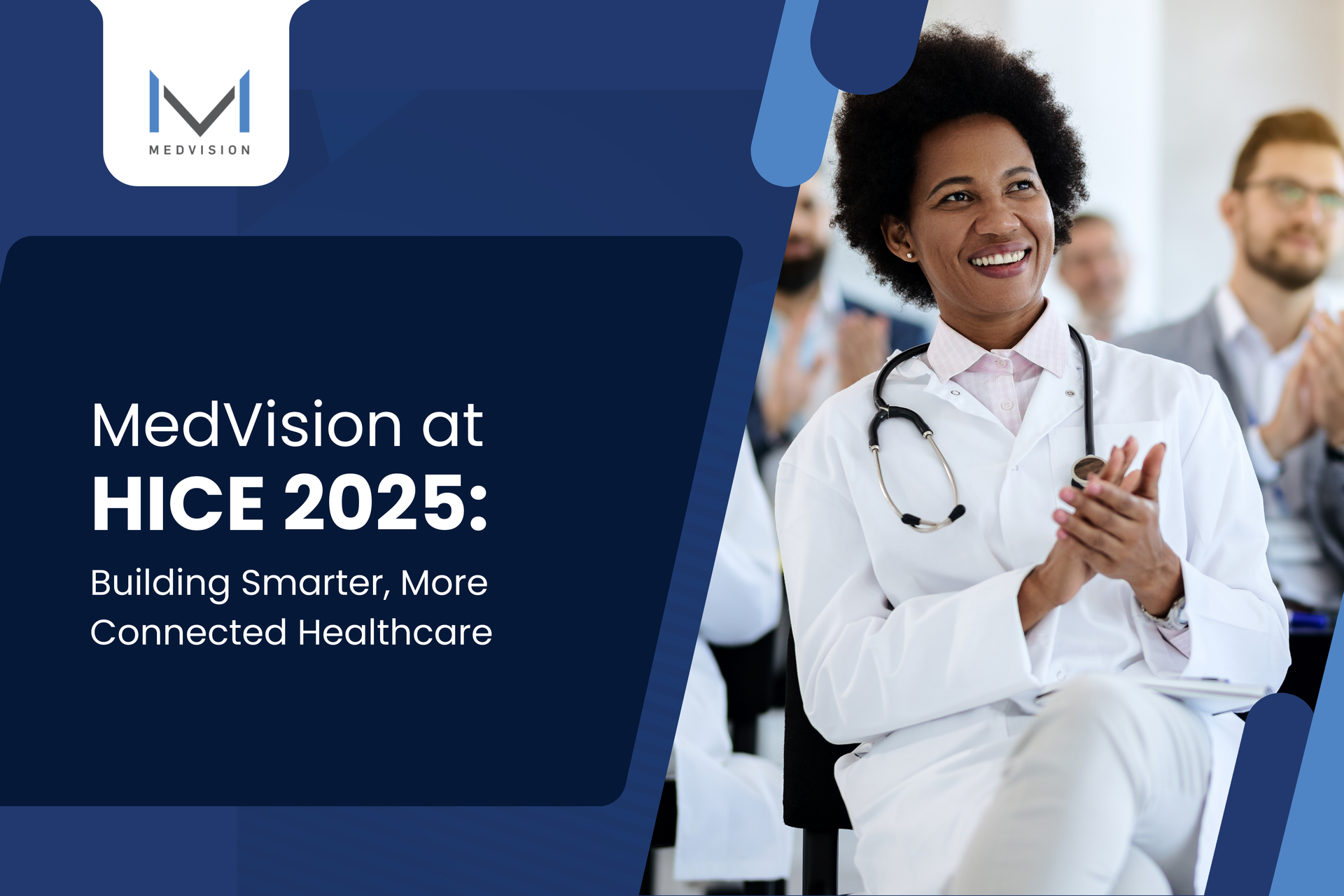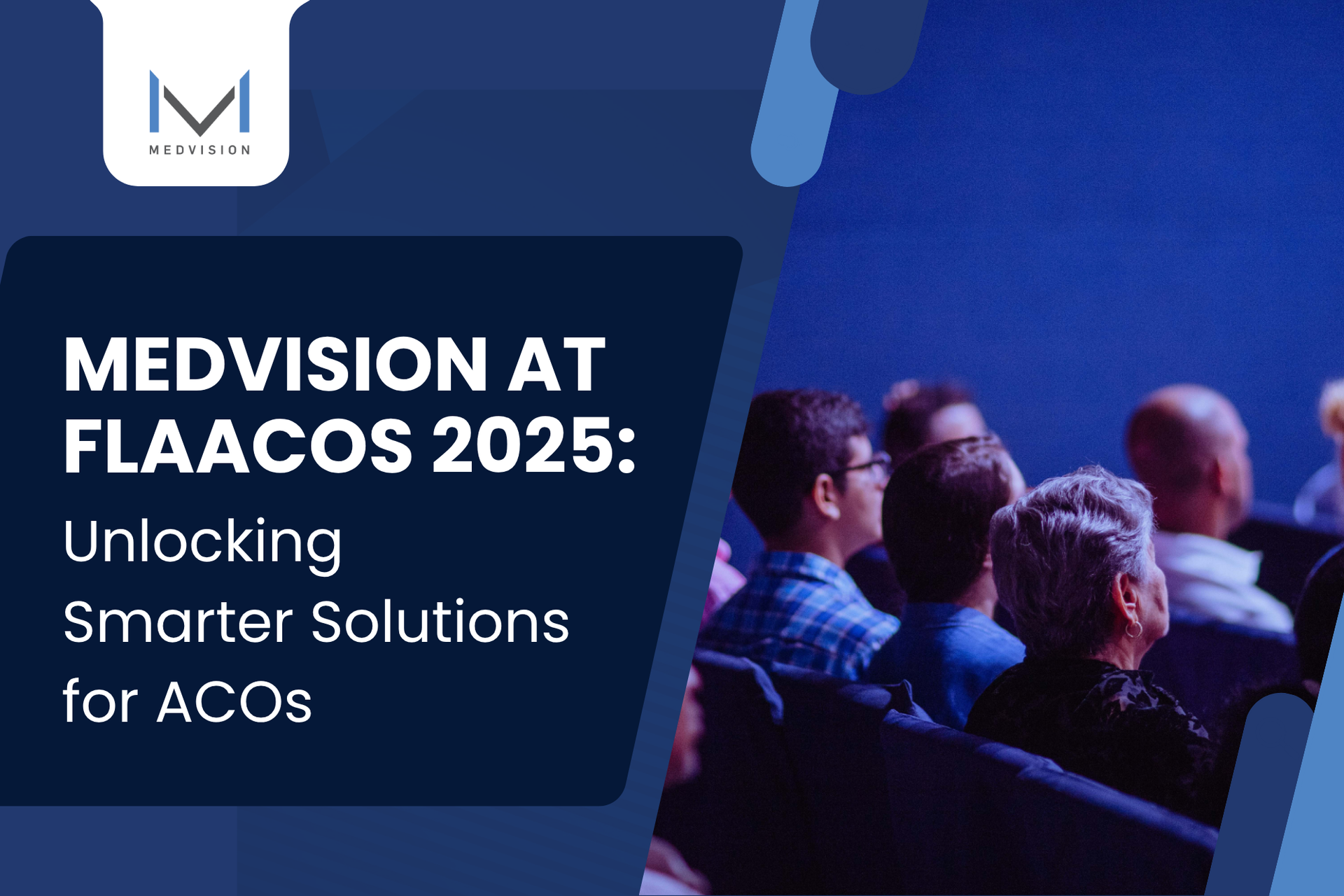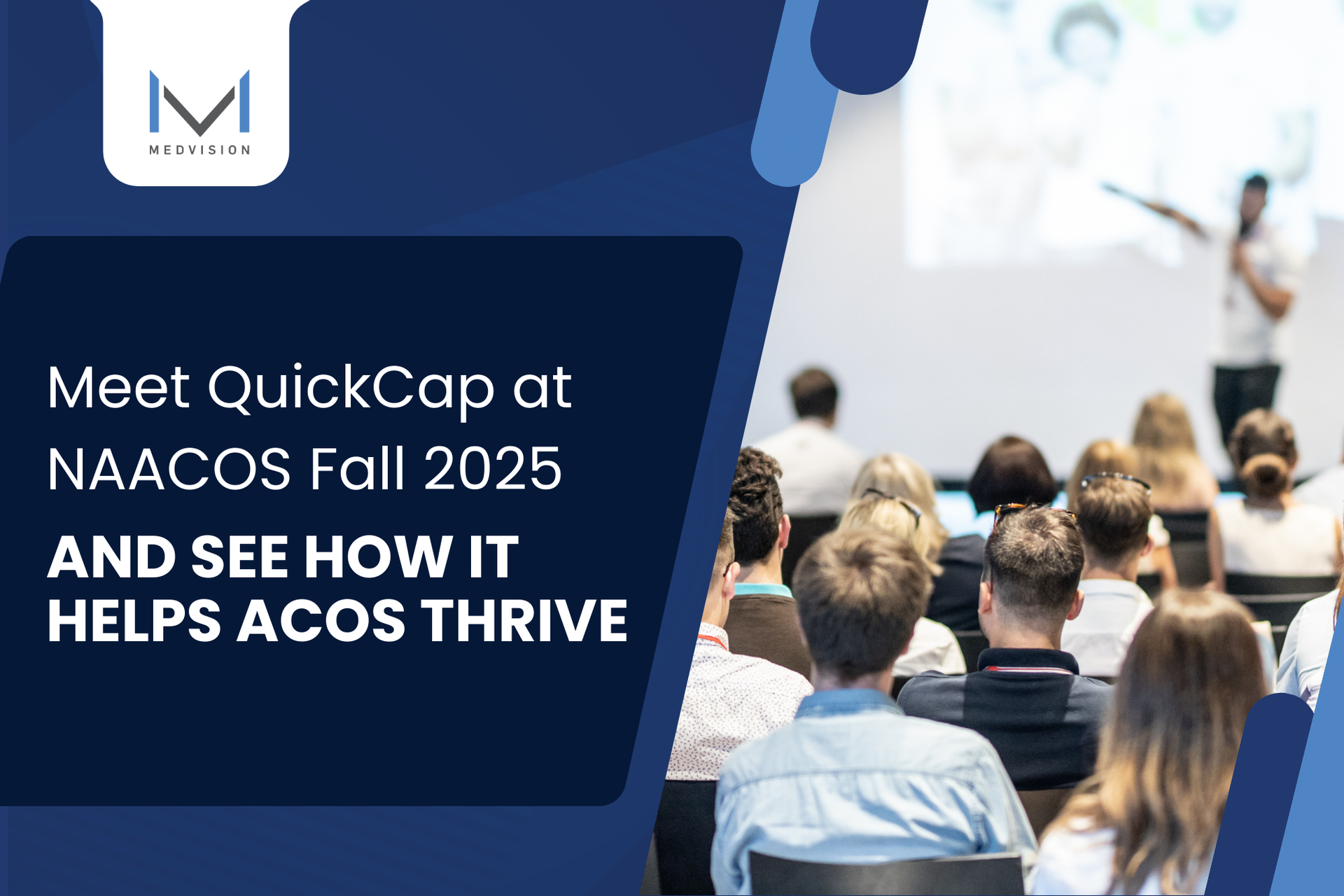Reducing Costs: Your Guide to Automating Outdated Manual Tasks

Administrative expenses have long been a significant contributor to healthcare organizations' financial strains. According to studies conducted over the past decades, these expenses constitute 15% to 25% of total national healthcare expenditures, translating to billions of dollars annually.
Billing and coding costs, administrative activities, and insurance expenses are the top culprits of these overwhelming numbers.
Fortunately, your organization can avoid financial pitfalls by strategically implementing the proper infrastructure and automating manual processes. Use this guide to identify areas in your workflow that pose financial risks and get insights into future-proof solutions to address them effectively.
Questions to Ask: Pinpointing Costly Workflow Elements
1. Are billing processes smooth and seamless?
Billing is a unique challenge for value-based organizations since reimbursement is tied to patient outcomes and overall health improvement. Unfortunately, this basis introduces complex calculations and increased documentation requirements.
Suppose you notice a consistent increase in billing errors, such as incorrect coding, data entry mistakes, or miscalculations. In that case, it's a clear sign that manual processes may be prone to human errors. Automation can significantly reduce these mistakes by ensuring accuracy in repetitive tasks.
2. Are authorizations, referrals, and other bureaucratic processes weighing down on providers?
According to a recent study, US workers collectively invest approximately
$21.6 billion worth of time annually in navigating healthcare administration tasks. Getting approvals and challenging denials from health insurers can take a long time, delaying or even preventing necessary care.
Implementing automation tools for streamlining referral processes and contract management to alleviate these challenges can significantly reduce delays. This facilitates a more efficient workflow and allows healthcare providers to prioritize delivering quality care without being hindered by administrative obstacles.
3. Are you having difficulty consolidating data reports for audits and performance reviews?
Manual data consolidation is not only time-consuming but also prone to errors. Not to mention, manual processes cannot handle large volumes of data or accommodate an organization's growing needs for the long term. As data requirements increase, scalability becomes challenging, and teams need help managing and consolidating information effectively.
Investing in data management systems that automate report generation is a strategic move. These systems significantly enhance accuracy and save you valuable time in preparing for audits and performance reviews.
Read More:
Here's How Reporting Tools Software Increase Profitability
Automating Key Administrative Tasks for Enhanced Efficiency
Now that you've identified potential pain points, let's delve into specific task automation that your organization can benefit from!
1. Claims Processing
Manually determining if a claim is eligible can be complex and time-consuming. It entails reviewing submitted documents to ensure they align accurately and completely with policy terms.
Automated claims processing simplifies this by applying predefined rules (like coverage periods, policy terms, and deductibles) to validate claim information. This helps spot discrepancies or potential fraud more efficiently.
It's similar to claims audits. The system looks at the claims data and checks it against a patient's records. If something doesn't add up or there's missing information, the system raises a flag. This helps administrators figure out which claims need attention without doing a ton of manual work. The whole process is smoother, cutting down on errors and ensuring claims are handled accurately.
2. Reports & Analysis
Data-driven decisions serve as crucial benchmarks for organizational success. Yet, the volume of data influx is challenging to sift through manually.
When you automate the process of making reports and analyzing data, your team can stop spending so much time putting data together and focus on understanding the results and determining what actions to take.
Imagine having a system where you can easily choose the specific data you want for your reports. This allows you to perform complex data operations and export results in formats you need. You can generate charts and tables that reflect your queries with just a few configurations.
By customizing how you ask for data and showing it in a way that makes sense to you, you ensure the insights you get are right and exactly what your healthcare organization needs to reach its goals.
It's like tailoring the data to fit your unique needs and make things easier for your team.
Read More: Why Organizations Really Need Healthcare Data Analytics
3. Processing Authorizations
Navigating the authorization and referral process can feel like a lot of work. But with automation, we can make things smoother, cutting down on delays and ensuring we get the approvals we need quickly.
One helpful automation is
Authorization Auto Adjudication. It's a smart system that reviews authorization requests, follows rules, and automatically decides whether to approve or deny them. Thus, you don't have to go through each request manually.
Meanwhile, to assist in data transfers, there's
Authorization Auto Routing. It automatically directs authorization requests to the right people within the system. If a request meets specific requirements, it goes straight to the right team without detours.
This is especially handy for organizations handling many incoming requests from providers, ensuring they reach the right people without getting stuck in traffic.
Embrace Automation For Big Time Savings and Cost Reductions
Discover the game-changing capabilities of
QuickCap v7.0 (QC7), a cutting-edge healthcare management platform designed to transform your workflow through automation — one designed to eliminate time-consuming tasks so you can focus on activities that add value to your practice.
With QC7, you accelerate processes without compromising accuracy. The platform equips you with the essential tools to oversee and provide precise care for your patient population while keeping your business thriving.
Leverage QC7 to drive a transformative shift in focus and efficiency in your healthcare management.
Recently published articles
Keep in touch
Subscribe to get the latest update
Trending topics
Share your insights on social media
Upcoming events and company news












